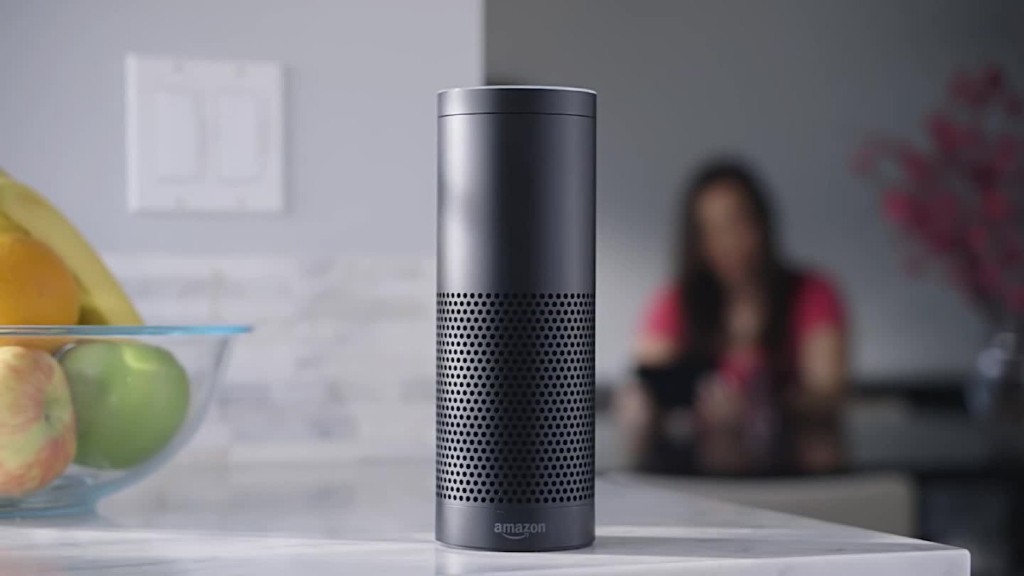‘Please Alexa’: are we beginning to recognise the rights of intelligent machines?
As more and more marketers jump on the AI bandwagon, Paresh Kathrani argues that being nice to our new robot friends is more important than ever before in this crossposting from The Conversation.
Amazon has recently developed an option whereby Alexa will only activate if people address it with a “please”. This suggests that we are starting to recognise some intelligent machines in a way that was previously reserved only for humans. In fact, this could very well be the first step towards recognising the rights of machines.

Machines are becoming a part of the fabric of everyday life. Whether it be the complex technology that we are embedding inside of us, or the machines on the outside, the line between what it means to be human and machine is softening. As machines get more and more intelligent, it is imperative that we begin discussing whether it will soon be time to recognise the rights of robots, as much for our sake as for theirs.


Perhaps. An interesting point to consider is what is regarded as an *appropriately* ‘intelligent’ machine. For instance, although a caculator can multiply very large numbers faster (and if the number is large enough, more accurately given humans are prone to error) than humans, does this mean I must express gratitude towards a calculator when i press the ‘=’ button. It seems absurd to ask for permission to look at a mercury thermometer for information about the temperature, but not so absurd to ask someone at the bus stop to please tell you the time. Thus the delineation between what deserves platitudes and what doesn’t is fraught when extending notions of thanks. For example, it personally irks me that the Coles auto-checkout says ‘Thank you for shopping at Coles’ since it lacks any sincerity, whereas the checkout operator may well say the same thing and perhaps even mean it. For me, this notion of machine rights is odd indeed – one needn’t thank ones hammer for its success in nailing.
@Daniel Sabolcki
Perfectly stated.
As much as I love Asimov and his successors, I find it impossible to think of Alexa or Siri or Cortana et al as “intelligent machines”. They are simply working to a set of algorithms, and once those parameters are exceeded, then it is a just a bunch of plastic, silicon and wires. Not intelligence.
No amount of marketing will convince me otherwise.
There is no independent thought outside those parameters. Check 2010: Odyssey 2 for a better explanation.
Great article Paresh, raises some very interesting questions. The google voice assistant is a great example. If someone who’s talking to the voice assistant, and believes they’re talking to a real human, starts making abusive statements (ie racist, sexist, homophobic) could they be held accountable despite the fact it’s not actually a human?
If so, my TomTom is headed for the litigation courts…
Just for laughs, I say to my phone, or home assistant:
‘Okay Google’
‘Thank you Google’
……and Google says: ‘Your’e welcome’.
It makes me smile.
Should I get out more?